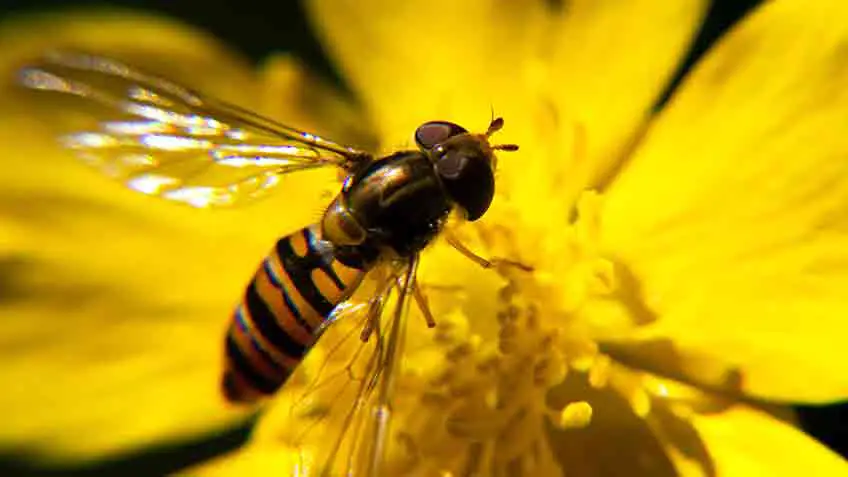Plants, animals, bacteria, and fungiform are an ecosystem of our Earth. Despite being so rich, yet due to constant change in global temperature, the world’s biodiversity is at risk. Multiple species are endangered as it has become quite impossible for them to survive under harsh climate conditions.
As per the latest studies of scientists, many spaces have entirely vanished from the earth’s surface, whereas others, including Penguins, American Pika, and Polar bears, are trying hard to survive. Furthermore, it is said that the constant change in our global temperature due to the burning of fossil fuels will have a significant impact on biodiversity and the worldwide ecosystem.
According to the latest survey, almost 8.7 million species, including plants, animals, and insects, have become a mystery, and only 1.2 million species have been identified so far. This means that no one has any idea whether they have gone extinct or are still living somewhere.
How Does Global Warming Affect Biodiversity
The Intergovernmental Panel on Climate Change indicates that by 2100, the high temperature may rise as much as 6 degrees Celsius or 11 degrees Fahrenheit. Although the Earth’s environment has changed previously, the quick temperature rise will directly influence biological systems and biodiversity. We have two types of biodiversity: land biodiversity and ocean biodiversity. Here we will discuss both precisely.
The Impact Of Global Warming On Land Biodiversity
The constant upturn in global temperatures as of now influence the world’s Polar Areas. Falling ice packs lessen the living spaces of polar bears, penguins, puffins, and other Arctic animals. As the ice softens, it uplifts the ocean level, influencing and maybe annihilating biological systems on coastlines. Temperature variations will likewise cause swings in mating cycles, particularly for animals that migrate depending on changing seasons to begin their movement and reproductive timing.
The Impact Of Global Warming On Ocean Biodiversity
The rising ocean level will bring changes to sea temperatures and maybe even flows. Such changes would firmly affect zooplankton, a fundamental part upon which the entire ocean food chain relies. Unfortunately, when Plankton resides inside the ocean it gets disturbed due to global warming. Whales, particularly, could endure the worst part of this, as many whale species require mass production of these tiny fishes to survive. Moreover, the significant increase in carbon dioxide causes fermentation of the sea, influencing animals and plants that are quick-tempered to pH awkward nature.
The Deteriorated Biodiversity
The decrease in biodiversity would have a significant impact on the food chain! Our dependency on each other would create a shortage of constant food supply. From plants to animals and humans, we all are interconnected with each other to survive. Such as if we lose species like insects, that will directly impact the plant pollination system. For instance, losing insects will diminish plant fertilization. Furthermore, this might reduce our capacity to produce medicines. Biodiversity also ensures against catastrophic events, such as grasses that have advanced explicitly to oppose the spread of out-of-control fires.
Why Is Biodiversity Important To Us?
Biodiversity is essential to ensure a healthy ecosystem containing microbes to huge predators; we need them to save the diversity. But, it does not end here! When species move from one place to another also has a significant impact on their behavioral change that puts the native species in danger.
Insects pollinate a number of the yields we depend on for food. However, one sort of pollinator can’t do everything, and here comes the significance of biodiversity. When we convert meadows into parking garages or patios—it is diminishing pollinator populaces. If pollinators somehow vanished completely, we would lose more than 33% of our food production. This would lessen or take out the accessibility of food sources like nectar, chocolate, berries, nuts, and espresso.
Like headache medicine, caffeine, and morphine, numerous cutting-edge medicines are prepared according to synthetic syntheses found in plants. If these uninvestigated natural life species vanish, researchers attempting to reveal new wellsprings of motivation for future antibodies and prescriptions will burden researchers.
Wrap Up
Government officials have proposed multiple plans and peaceful accords to resolve the impact of global warming on biodiversity. Meanwhile, we as an inhabitant should uphold little moves in our regular routines to decrease our ecological effects in the world. Turning off your new machines, changing to LED lights, carpooling, and taking part in Meatless Monday are largely ways we can assist with easing back environmental change. We hope that such positive moves can direct organizations and policymakers toward consolidating economic practices that decrease ozone-depleting substance outflows and stop biodiversity misfortune.


